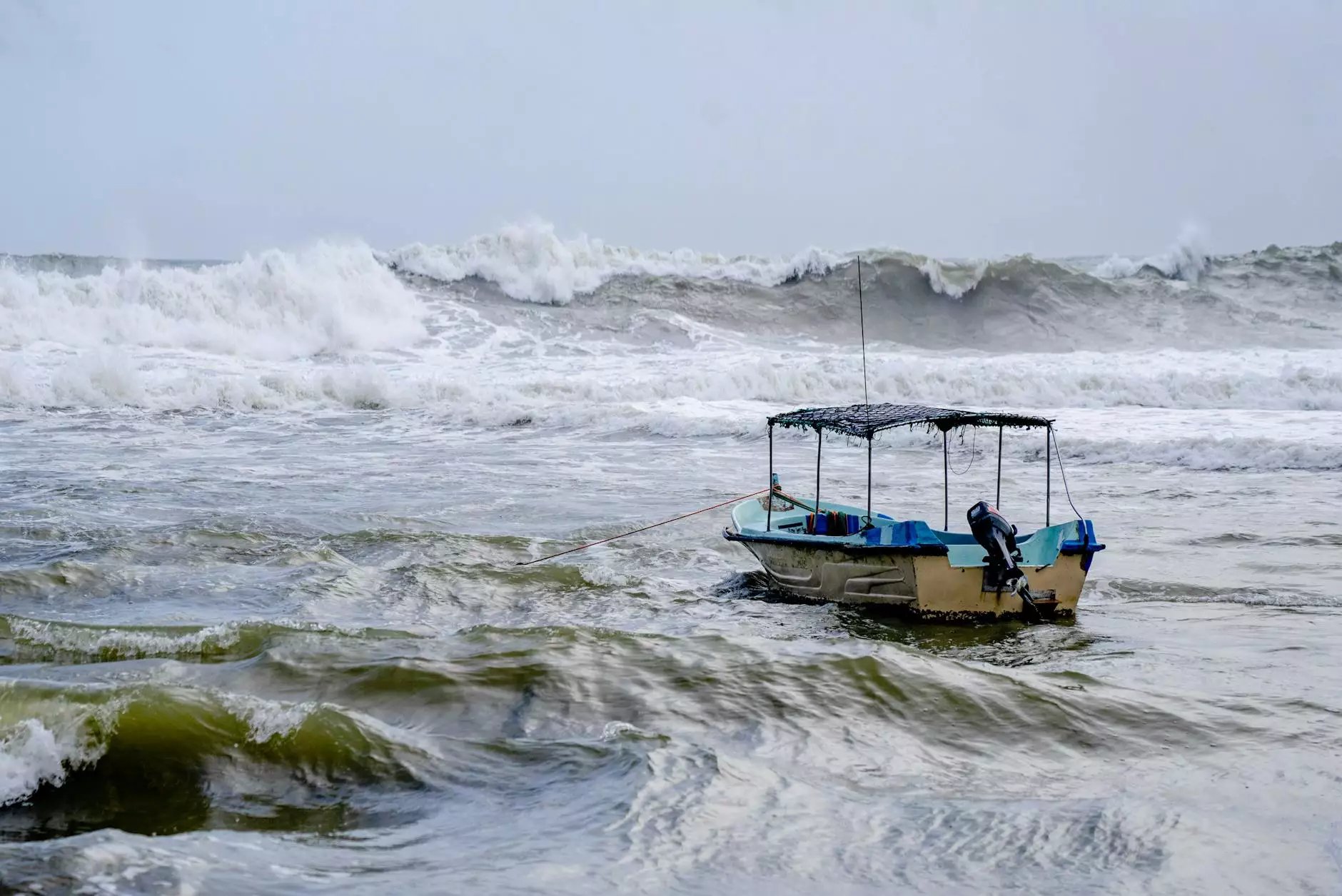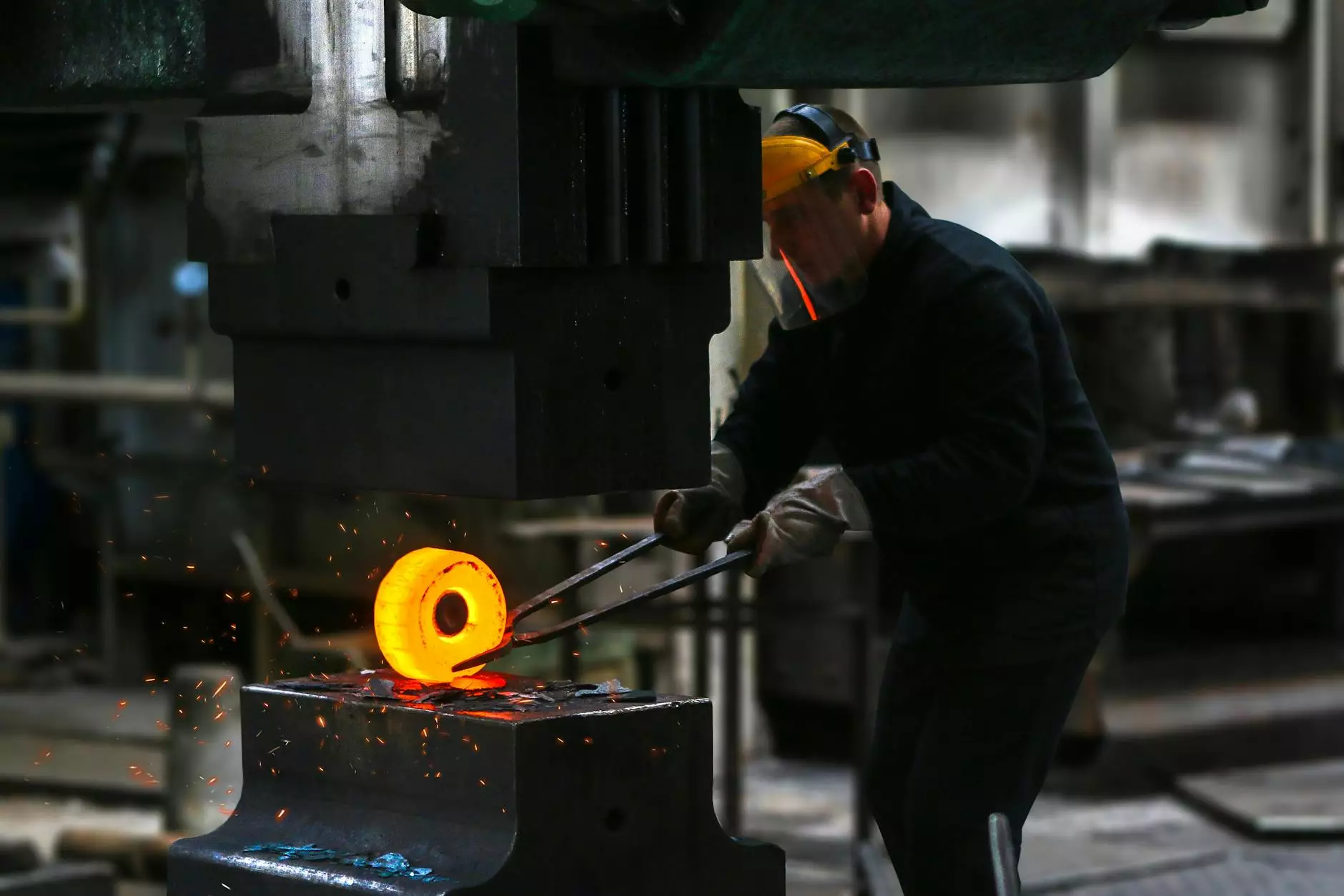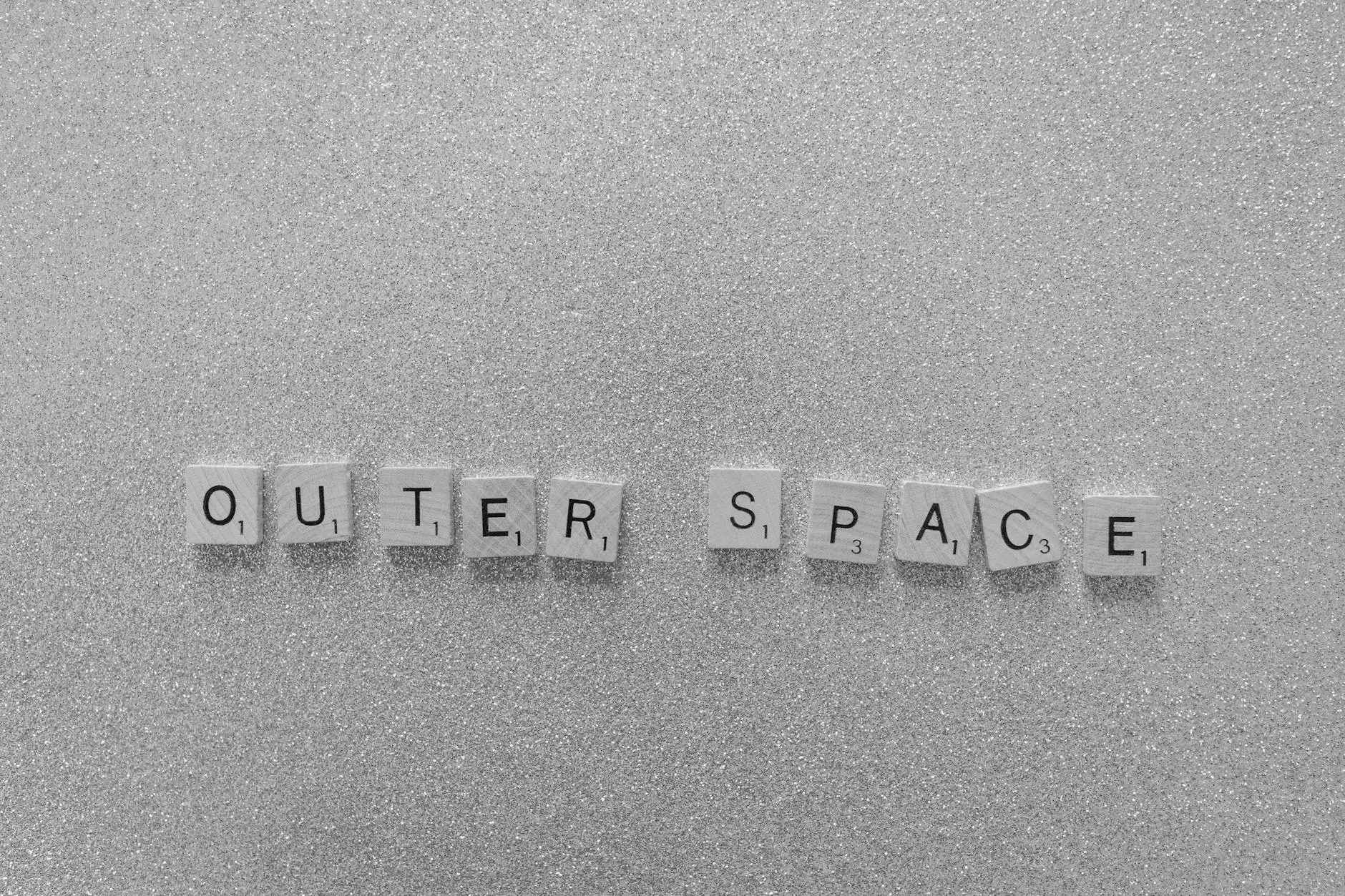The Definitive Guide to Used Outboard Engines: A Smart Investment for Your Marine Adventures

If you’re an avid boater or someone looking to get into the boating world, understanding the market for used outboard engines is essential. Purchasing a used outboard engine can be a wise financial decision, helping you save money while still obtaining quality equipment. In this comprehensive guide, we’ll cover everything you need to know about finding, buying, and maintaining a used outboard engine, ensuring that your boating experience is as enjoyable and fulfilling as possible.
Why Consider Used Outboard Engines?
When it comes to marine engines, the question often arises: new or used? There are multiple compelling reasons to opt for used outboard engines.
- Cost-Effective: Used outboard engines are significantly cheaper than their new counterparts. You can often find high-quality engines at a fraction of the price.
- Less Depreciation: New engines depreciate quickly. A used outboard engine that has already undergone initial depreciation maintains value better than a new one.
- Wide Selection: The market for used engines is vast. You’ll find an array of brands, models, and specifications to fit your specific needs.
- Proven Performance: With used outboard engines, you can research and read reviews about the engine’s performance over time, which isn’t always possible with new engines.
Identifying Quality Used Outboard Engines
When shopping for used outboard engines, quality should be your top priority. Here are several factors to consider:
1. Engine History
Understanding the history of the engine is vital. Ask the seller about:
- Prior Usage: Was the engine used in saltwater or freshwater? Saltwater can be more harsh on engines.
- Maintenance Records: Regular maintenance is crucial for longevity. Request records of any maintenance or repairs.
- Accident History: Confirm whether the engine has been involved in any accidents or major repairs.
2. Physical Condition
Inspect the physical condition of the engine thoroughly:
- Check for Corrosion: Look for signs of rust and corrosion, especially on engine parts and electrical components.
- Inspect Hoses and Wiring: Ensure that hoses are flexible and wiring isn't frayed. Damaged components can lead to costly repairs.
- Assess the Overall Cleanliness: A well-maintained engine is usually clean. Dirt and grime can indicate neglect.
3. Test Run the Engine
If possible, perform a test run. This is one of the most reliable ways to assess the engine’s functionality:
- Listen for Unusual Noises: Any odd sounds can indicate mechanical issues.
- Observe Performance: Check how quickly the engine starts and its performance under load.
Where to Find Used Outboard Engines
Once you’ve decided to buy a used outboard engine, you need to know where to look. Here are some excellent sources:
1. Dealerships
Marine dealerships often have a selection of certified used engines. They may also offer warranties, giving you peace of mind.
2. Classifieds and Online Marketplaces
Websites like Craigslist, eBay, or specialized boating forums are great places to find used outboard engines. Always check seller reviews if possible, and meet in secure locations.
3. Local Boat Shows
Attending boat shows can connect you with sellers and exhibitors looking to offload well-maintained engines.
How to Negotiate the Purchase
Negotiation is key when buying used outboard engines. Here are some tips:
- Research Prices: Knowing the average market price helps you negotiate confidently.
- Be Prepared to Walk Away: If the price isn’t right, don’t hesitate to walk away. There are plenty of engines available.
- Highlight Flaws: If you find any issues during inspection, use them to your advantage in negotiation.
Maintenance Tips for Used Outboard Engines
Owning a used outboard engine doesn’t mean the end of maintenance. In fact, understanding how to care for it will ensure longevity and performance:
1. Regular Oil Changes
Just like with any engine, regular oil changes are essential. Follow the manufacturer’s guidelines for oil change intervals. Using the recommended oil type is crucial for engine health.
2. Winterization
If you're in a region where boating is seasonal, proper winterization processes help prevent damage from freezing temperatures:
- Flush the Engine: Run fresh water through the engine to flush out salt and debris.
- Add Antifreeze: Use boat-safe antifreeze during winterization.
3. Routine Inspections
Perform routine inspections every few weeks during the boating season. Look for:
- Leaks: Check for fuel leaks or oil leaks that could indicate serious issues.
- Prop Condition: Examine the propeller for any signs of damage that could affect performance.
Conclusion: Making the Right Choice
Investing in a used outboard engine can dramatically enhance your boating experience while saving you significant money. By understanding the market, knowing what to look for, and maintaining your engine correctly, you can enjoy years of reliable service on the water. At Falcon Outboards, we provide a range of options and expert advice on choosing and maintaining quality outboard engines. Make sure your next boating adventure starts with the right engine!
Visit Us for Quality Assistance
For further assistance and an extensive selection, don’t hesitate to visit Falcon Outboards and explore our offerings in Auto Parts & Supplies, Boat Repair, and Boat Parts & Supplies. Your perfect engine is just a click away!









